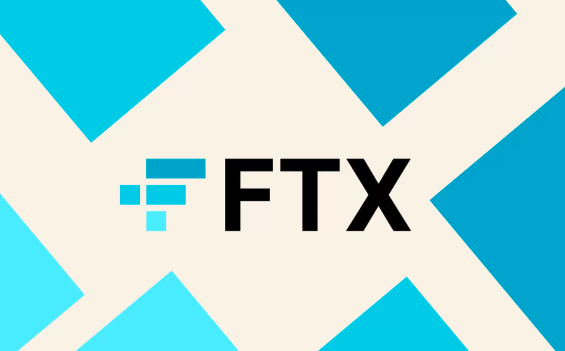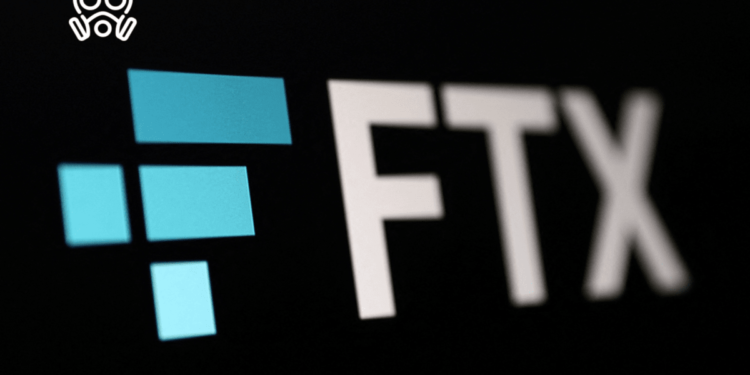Insolvent crypto exchange FTX has submitted legal documents suggesting the sale of its subsidiary, Digital Custody, to CoinList for $500,000. On the other hand, the price tag sharply contrasts with the initial $10 million the exchange expended to acquire Digital Custody.
The crypto exchange envisioned Digital Custody as a pivotal asset, delivering custodial services to FTX US and LedgerX. However, it never aligned with FTX’s operations before the bankruptcy filing in November 2022 by former CEO Sam Bankman-Fried. FTX US inactive, LedgerX divested; legal team deems Digital Custody redundant, prompting a profound discount divestment. Meanwhile, the proposed sale to CoinList expedited by favorable relationship with original CEO Terence Culver, facilitating regulatory pathways.
To highlight urgency, the team included a $50,000 reverse termination fee, showing commitment to a swift conclusion.
FTX Asset Liquidation Gains Momentum

This action comes barely a week after FTX commenced exploring strategic alternatives for its 8% interest in the AI firm Anthropic Holdings. CEO John J. Ray III is evaluating the feasibility of holding an auction or proceeding with a private sale to divest this asset.
Besides, Anthropic Holdings, a company specializing in advanced language models akin to GPT-3 and acknowledged as a Delaware public benefit corporation, received an astounding valuation of $18 billion in the last fiscal quarter of 2023.
This valuation positioned FTX’s stake at an estimated $1.4 billion. Moreover, the beleaguered exchange is preparing to liquidate its $175 million claim against the insolvent crypto lender Genesis Global Capital — a claim currently circulating at a premium discount in the market.
Questions Emerge About Equitable Settlement for Creditors
FTX’s legal counsel Andrew Dietderich asserts confidence in having ample financial resources to fully satisfy verified customer and creditor claims. However, the intricacies of these settlements remain undisclosed, contributing to complexity due to the volatile nature of bankruptcy claims in secondary trading.
Reports highlight customer ambivalence, contesting the assessment methods, particularly for cryptocurrency assets “dollarized” at low market values during the platform’s collapse but having since rallied significantly. Dietderich acknowledges discontent, maintaining that the conversion to dollar terms aligns with bankruptcy protocol. This stance is further validated by Judge John Dorsey’s ruling on the fairness of the claims estimation methodology.












